Special Edition for the 80th Anniversary of Victory in the Anti-Fascist War | An Unfading Memory, The Nation's Soul Engraved in Light and Shadow
Within the frames fixed on film, in the depths of intertwined light and shadow, flows an eternal river of memory.
It is the Great Wall built from the flesh and blood of 400 million compatriots between 1931 and 1945; it is the magnificent epic written with the lives of the sons and daughters of China.
This year marks the 80th anniversary of the victory of the Chinese People's War of Resistance Against Japanese Aggression and the World Anti-Fascist War. At this special moment, the Beijing International Film Festival presents a special series of films on the theme of the war, looking back at those monumental years through light and shadow, and remembering how our ancestors built our new Great Wall with their flesh and blood.
When the screen lights up, that dormant history suddenly awakens, telling us of a nation's deepest sorrow and most fervent resistance.
I. The Clarion Call of Awakening: The First Cry from the Northeast
In 1932, following the September 18th Incident, Sun Yu wrote the story for Wild Rose. As filming began, the January 28th Incident occurred in Shanghai. This film is one of China's earliest to promote unity in the war of resistance. On screen, the tear-filled eyes of actress Wang Renmei seem to pierce through time, gazing at us today. Director Sun Yu probably never imagined that the young girl in his lens, who eventually took to the streets to join the revolutionary tide, would become a symbol for a generation.
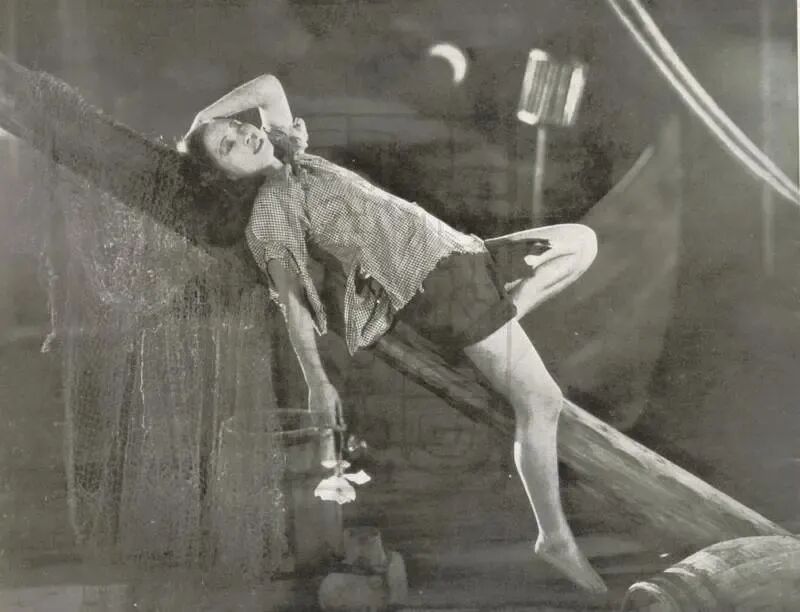
Wild Rose
The 11th Beijing International Film Festival specially screened the rare film Struggle, one of China's earliest sound films and one of the few relatively complete works from the Tianyi Film Corporation that still exists. This film was shot in 1933, a time when the aggression of Japanese imperialism was intensifying, and a wave of anti-Japanese sentiment was rising in cultural circles. The film profoundly reflects the social conflicts of the time, actively promoting resistance to save the nation and inspiring the entire people to fight against imperialism.

Struggle
Also at the 11th Beijing International Film Festival, in the "Special Exhibition: Celebrating the 100th Anniversary of the Founding of the Communist Party of China" section, the film Nie Er, directed by Zheng Junli, was screened. Chen Kun, a jury member for the main competition unit of that year's BJIFF, had also played Nie Er in the film The National Anthem. Both films, through artistic creation, complete an affectionate look back at a national epic, using melodies as cannons and notes as ammunition, turning a song into a clarion call that pierces the darkness and rushes toward the dawn of victory.
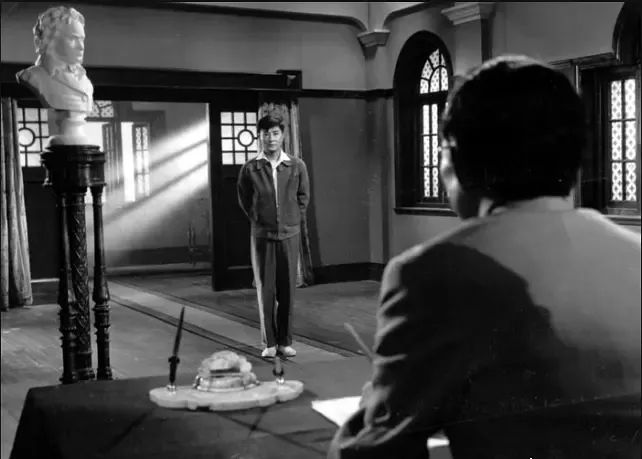
Nie Er
II. Hot Tears and Hot Blood: Silver Screen Memories of the Yellow River's Roar
The gunshots at the Marco Polo Bridge on July 7, 1937, marked the beginning of Japan's full-scale invasion of China and the start of the Chinese nation's total war of resistance, thus opening the main eastern battlefield of the World Anti-Fascist War. The film The Lu Gou Qiao Incident takes the gunshots by the bridge as its narrative starting point, focusing its lens on the moment of the outbreak of China's full-scale resistance. This historical epic, directed by Li Qiankuan and Xiao Guiyun, not only recreates the smoke of battle over Wanping Fortress but also, through the flesh-and-blood bodies of the resistance generals, sounds the alarm for the survival of the Chinese nation.
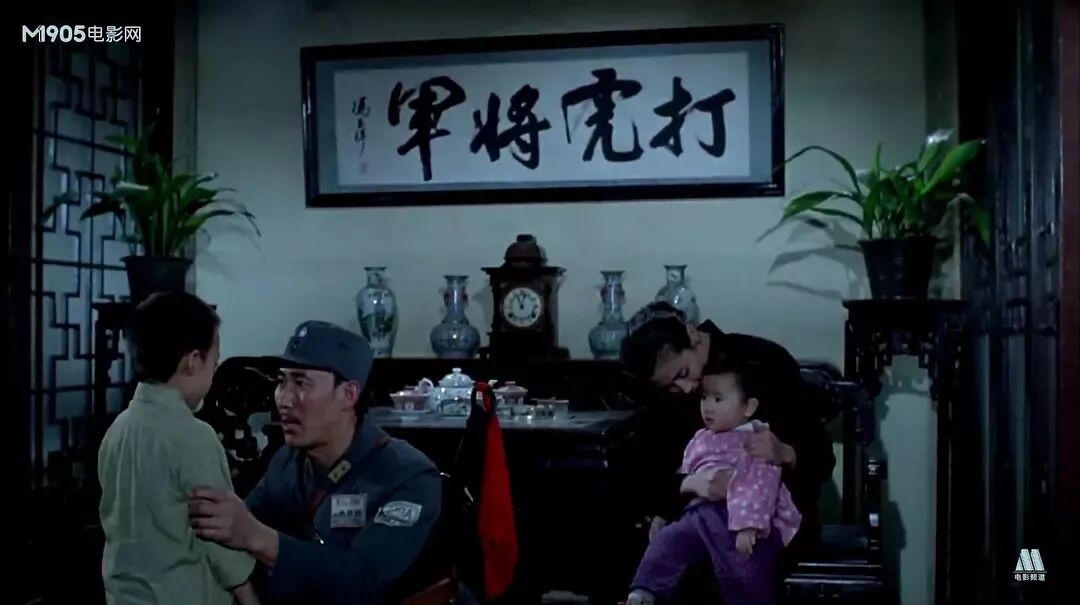
The Lu Gou Qiao Incident
The documentary Life Goes On, which was presented at the Guangdong Film Industry Promotion Conference during the 14th Beijing International Film Festival, focuses on the little-known story of the education sector in South China during the War of Resistance. More people are familiar with the Southwest Associated University, which relocated to Yunnan, but are unaware of the monumental history in the South China region. A group of renowned universities in South China, represented by National Sun Yat-sen University and the private Lingnan University, resolutely embarked on an educational long march. This academic migration across the Lingnan University Mountains is not only a magnificent chapter in the history of Chinese wartime education but also demonstrates the cultural perseverance of intellectuals at a time of national crisis. The film Scholars Under Fire, also from this year's Guangdong Film Industry Promotion Conference, tells a story from this historical background. The teachers who moved to Pingshi in northern Guangdong to continue their teaching were known as the "Teachers of Pingshi." This film was officially released on August 15.
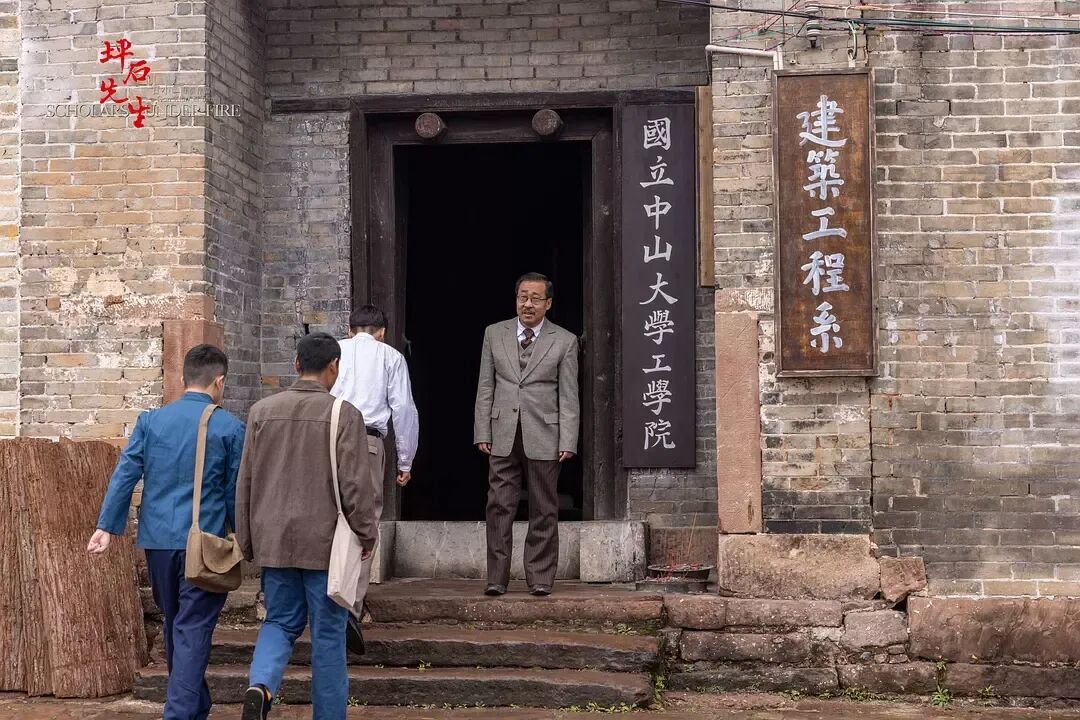
Scholars Under Fire
From the end of 1937 to the beginning of 1938, the world was shocked by the horrific Nanjing Massacre. The film Dead To Rights, set against the backdrop of the 1937 Nanjing Massacre, shows the individual struggles and the brilliance of humanity during that dark period through the perspective of a small photo studio. The film avoids grand war scenes, instead focusing on the survival and choices of ordinary people in extreme circumstances. With a delicate narrative and restrained cinematography, it allows the audience to feel the weight of history and the warmth of humanity. This film was officially released on July 25.
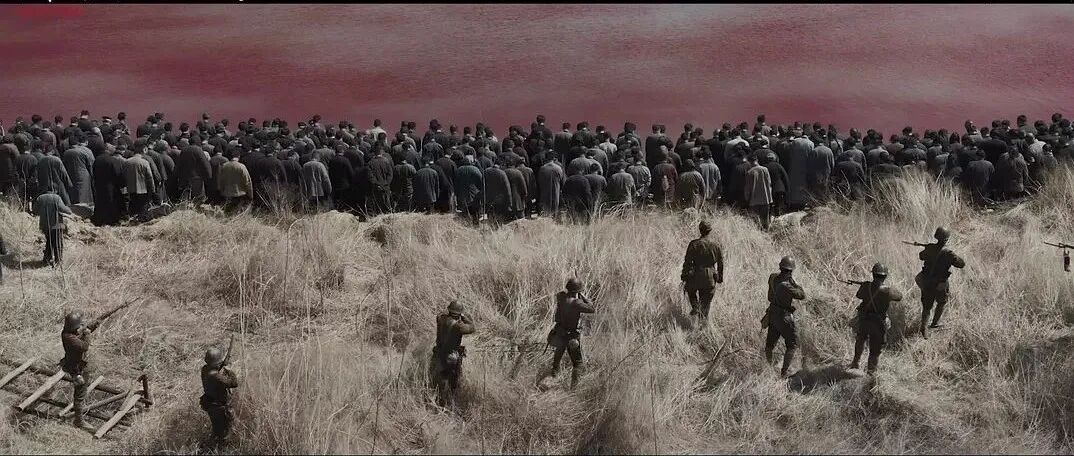
Dead To Rights
The Composer, a film shortlisted for the "Tiantan Award" in the main competition of the 9th Beijing International Film Festival and also its opening film, portrays the life of Xian Xinghai. The film's world premiere was purposefully set on April 13, 2019, the anniversary of the Yan'an premiere of Xian's Yellow River Cantata 80 years prior. In the film, Xian Xinghai is dispatched by the CPC Central Committee to the Soviet Union to compose the score and do post-production for the war documentary Yan'an and the Eighth Route Army. The Yan'an Film Troupe was the first film institution established by the Communist Party and pioneered the people's newsreel and documentary enterprise, and Yan'an and the Eighth Route Army was the first film it produced. The most precious aspect of The Composer lies in its transcendence of a simple biographical framework to explore the relationship between art and war, the individual and the era. Xian Xinghai's predicament is that of an artist, and also a microcosm of the era. When his motherland was engulfed in flames and he was trapped in a distant foreign land, music became the only "weapon" he could bring back to his home.
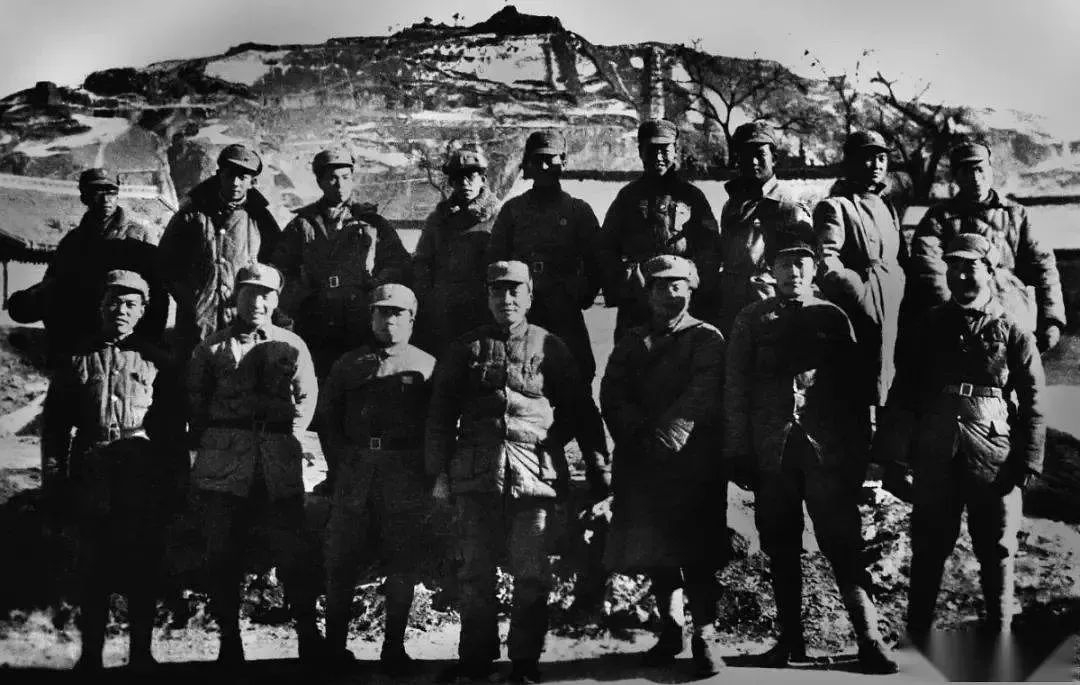
Yan'an and the Eighth Route Army
We also cannot forget the painful scars left by the various atrocities committed by the Japanese army. Director Guo Ke's documentary Twenty-Two records the daily lives of the last 22 publicly identified "comfort women" survivors in the Chinese Mainland with an almost gaze-like lens. Without sentimental music or dramatic accusations, the film calmly presents fragments of these elderly women's later years with extremely restrained visual language. Beneath this calm, however, surges the tumultuous storm of history. The lives crushed by the war machine, the memories deliberately obscured, are presented before the camera with suffocating weight. By 2023, all 22 of the elderly women who appeared in the film had passed away. They did not live to receive an apology.
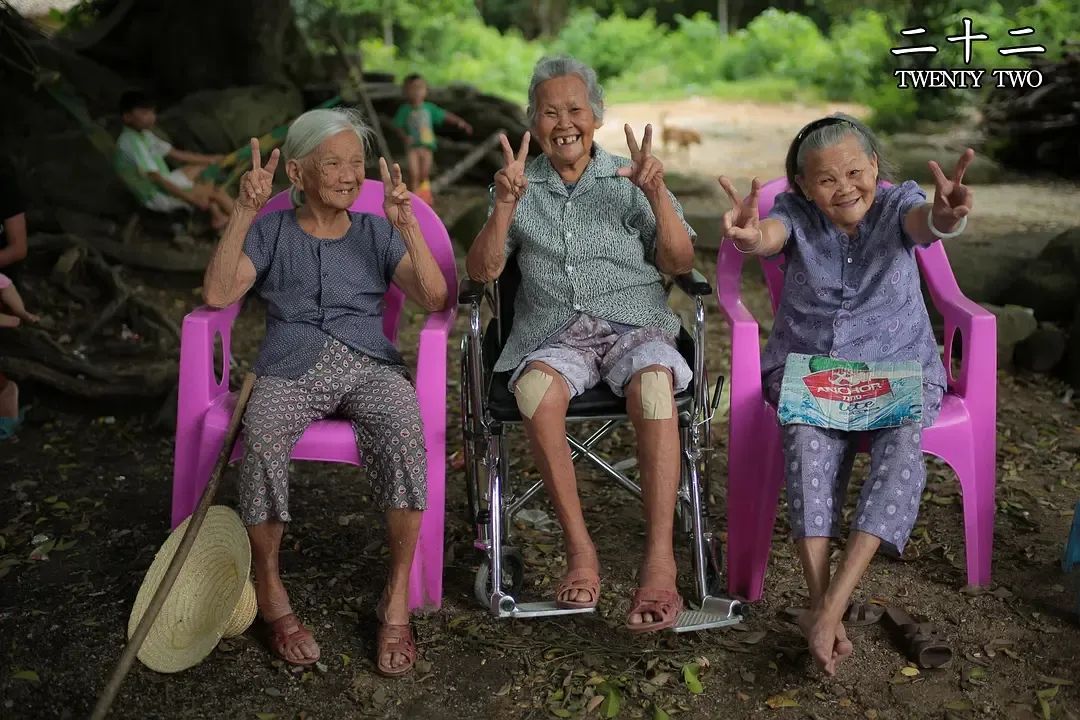
Twenty-Two
III. The Unquenchable Flame: Legends of Resistance from Deep within the Land
Hidden Blade, directed by Cheng Er, tells the story of underground resistance in Shanghai after it became a "solitary island" in the 1940s. In this film, history is not the clear-lined grand narrative of textbooks, but rather a glimmer of light shining in countless nameless, dark corners. It uses a unique narrative aesthetic to cast an affectionate gaze upon the "nameless ones." Those men and women who left no name on historical monuments, their fear and courage, calculations and sacrifices, betrayals and loyalties, form the most moving footnotes in the annals of war. This year at the BJIFF, the "Wonderland of Dreams" showcase for film visual effects honored Hidden Blade as the Best in a Historical/Period Film. The film's visual director, Wang Xiaowei, said in his acceptance speech, "VFX is the magic that makes historical details visible." It is precisely because of the meticulous work of filmmakers that we can be immersed in that war-torn era.

Hidden Blade
The film Dongji Island, co-directed by Guan Hu and Fei Zhenxiang, was released nationwide on August 8. The story is adapted from a true historical event during World War II, the 1942 "Lisbon Maru sinking." The Japanese army held 1,816 British prisoners of war in the cargo hold of the ship. After the ship was attacked, they ordered the hatches sealed, attempting to let all the POWs drown at the bottom of the sea. At the critical moment, Chinese fishermen, defying the threat of Japanese artillery, steered their simple fishing boats toward the sinking ship and launched a thrilling international rescue operation. Dongji Island is not just a war film, but an epic of courage, kindness, and the brilliance of humanity. The creative team strived for perfection, seeking to bring this forgotten piece of history back to light.

Dongji Island
Based on the true story of Zhejiang soldiers and civilians rescuing 64 American pilots after the 1942 Doolittle Raid, two-time Palme d'Or winner and 7th BJIFF Jury President Bille August directed the film The Chinese Widow. The director presents the war poetically from a Western humanistic perspective, with the misty rains of the Jiangnan region forming a stark contrast with scenes of violence, showcasing the courage and perseverance of the most ordinary people in war.
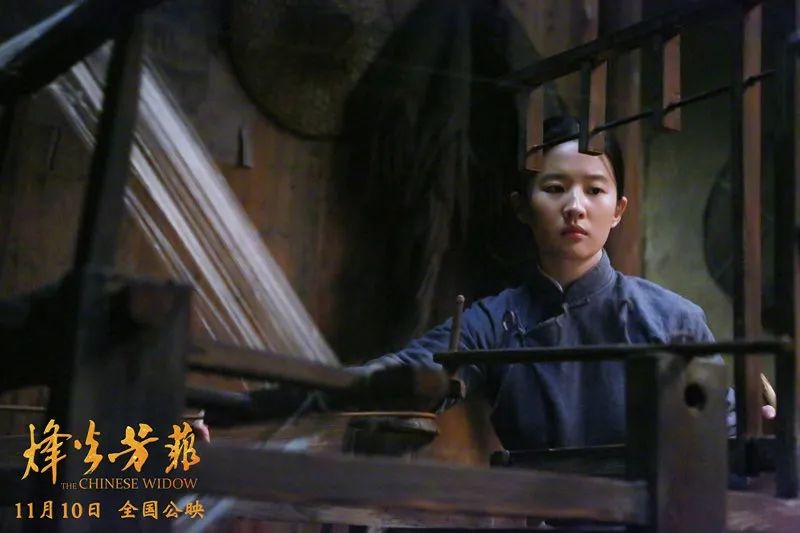
The Chinese Widow
IV. The Dawn of Justice: The Chinese Voice at the Tokyo Tribunal
The Tokyo Trial, directed by Gao Qunshu in 2006, centers on the trial of Japanese war criminals by the International Military Tribunal for the Far East, which began in 1946. It reconstructs on screen this trial of the century that concerned the very bottom line of human civilization. Through the interweaving of courtroom debates and historical flashbacks, the film not only recreates the complex international political power struggles after World War II but also strikes at an eternal question: After the war machine stops, how does the law put a price on atrocity? And how should national sentiment and judicial reason be balanced? The most important value of this film is perhaps not in what it recreates, but in what it reminds us to remember. The justice that the Tokyo Trial failed to complete requires continuous historical vigilance to safeguard.
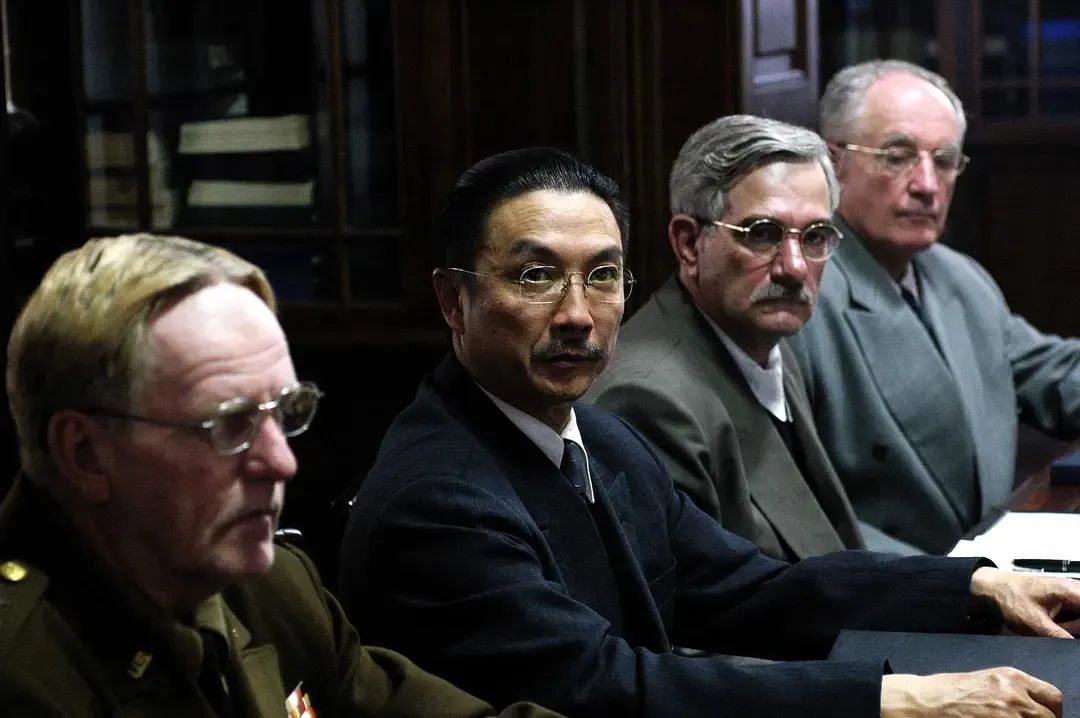
The Tokyo Trial
Today, as we revisit these memories of the war on film, the gunfire on screen and the neon lights outside it create a curious overlap. These films are not only recorders of history but also inheritors of the national spirit. They tell us: those lives lost in the flames of war have never truly left - they have become the light and shadows on film, the printed words in textbooks, the fine rain during the Qingming Festival, forever watching over this land they irrigated with their hot blood.
In this interwoven river of memory, every splash of water tells a story. Some histories must be remembered with the heart. Some spirits are worthy of being passed down with one's life. When the lights come up and the screen goes dark, those scalding tears and resounding oaths will ultimately become the undying sparks on our path forward.

